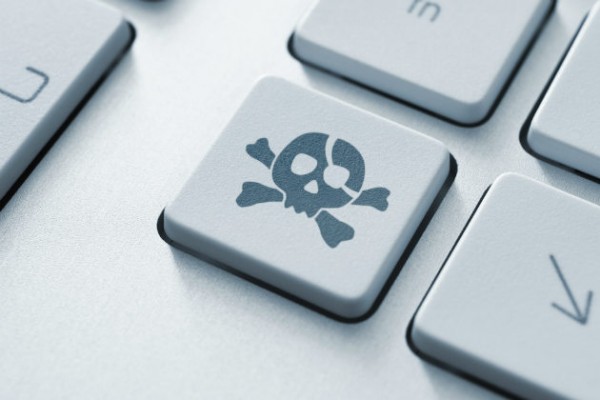
According to Frontier Economies, an online business research platform, if precautionary measures aren’t taken, it is said that the value of digitally pirated products downloaded and sold through the internet globally will rise to $240 billion (N38.4 trillion) by 2015.
The report, which investigated piracy and counterfeiting of products, explained that although cases of global piracy and counterfeiting was recurrent in other sectors, the rate at which digitally pirated products are rising is alarming.
The research which traced the trends in global digitally pirated products since 2008, reflected that economic losses have accelerated sharply from $30 billion in 2008 to $100 billion in 2014 and at its current rate, it is estimated to reach $240 billion by the end of 2015.
According to the report, losses to internationally traded counterfeit and pirated products increased from $285 billion in 2008 to $770 billion in 2014 globally, and estimated that the losses would reach $960 billion by 2015.
The report also said that global losses to domestically produced and consumed counterfeit and pirated products rose from $140 billion in 2008 to $370 billion in 2014 and it is estimated to rise to $570 billion by 2015.
As a point of solution, the report called on governments of different countries globally as well as global brands to act fast before the situation gets out of hand. The report estimated that losses to illicit trade, counterfeiting and piracy globally, would reach $1.7 trillion by 2015, and called for immediate solutions to address such huge economic losses.
The report findings suggested that digital piracy has grown substantively over the last decade to the point that is now accounts for between 6.5 per cent to 12 per cent of the total value of counterfeit and pirated products globally. The report specifically listed sectors such as music, movies, and applications software, as the sectors that are worst hit by digital piracy.
It explained that digital piracy may continue to thrive repeatedly over the next decade, as internet access grows from country to country, if not controlled.
In Nigeria, digitally pirated products are also on the rise, resulting in financial losses by Microsoft Nigeria, which is worst hit, and the Nigerian government through tax evasion.


